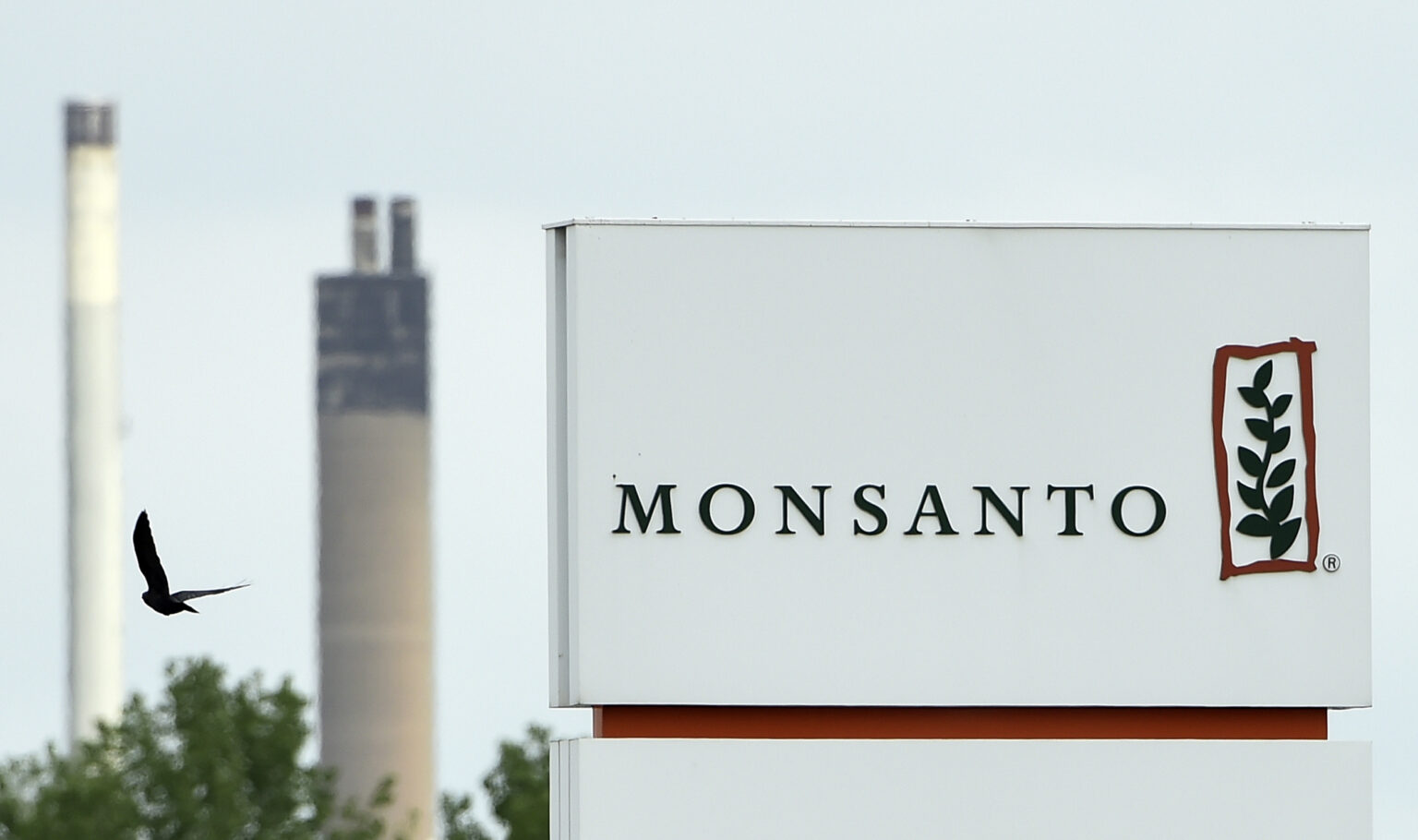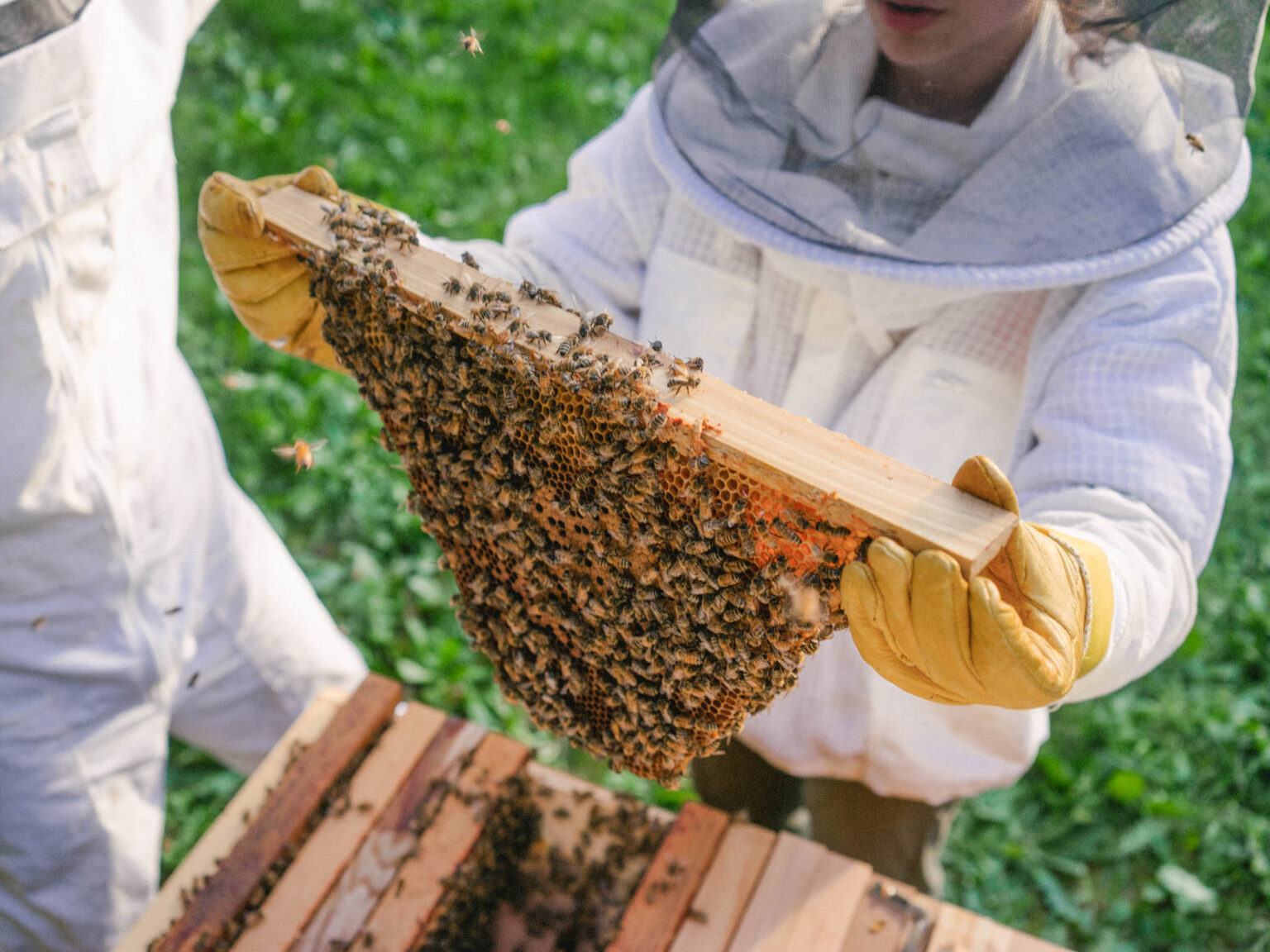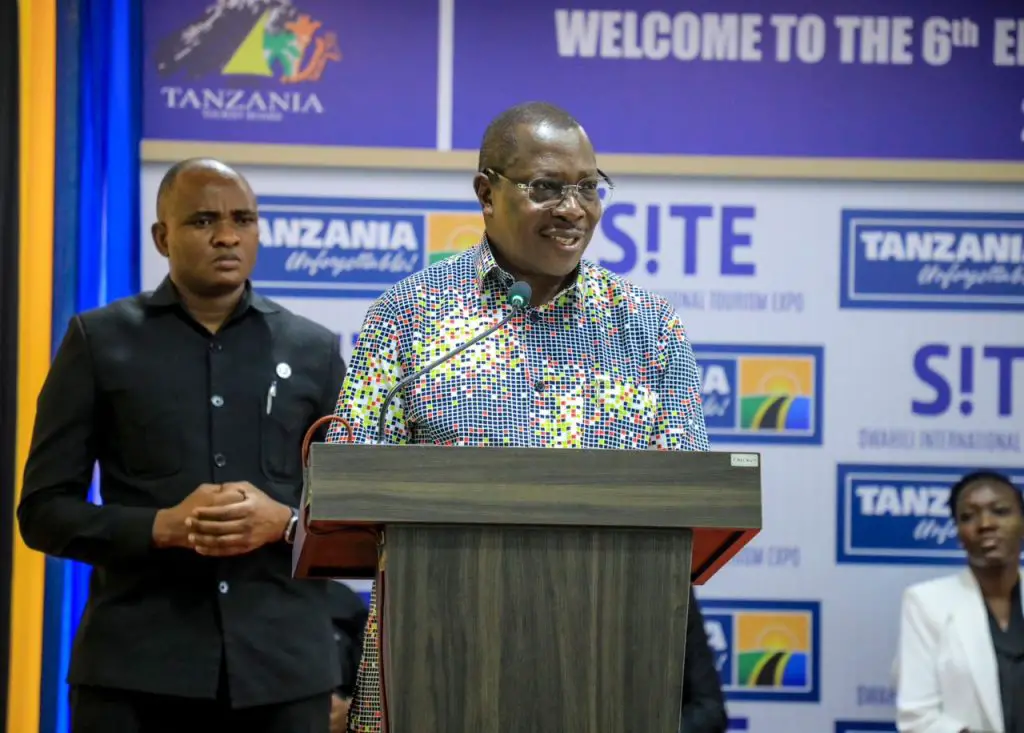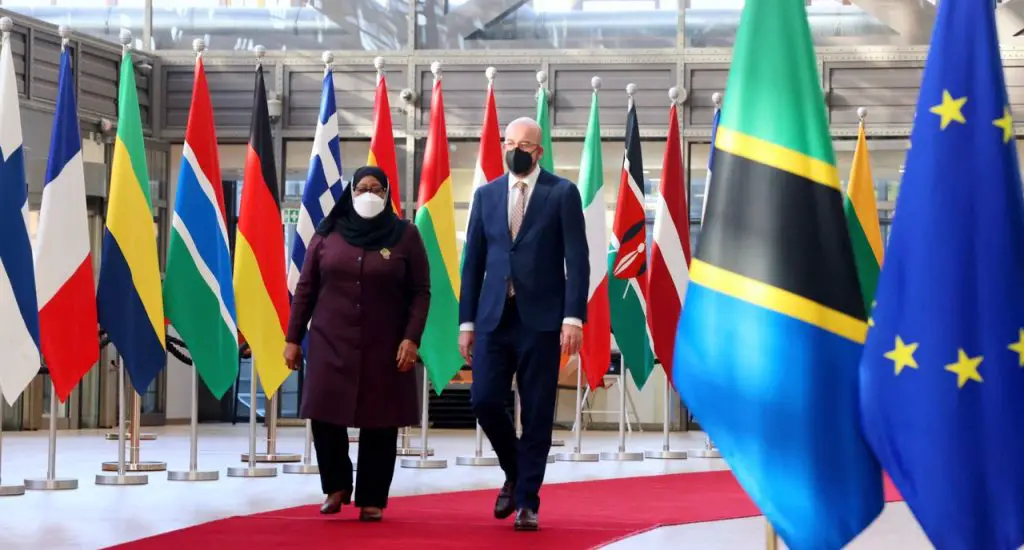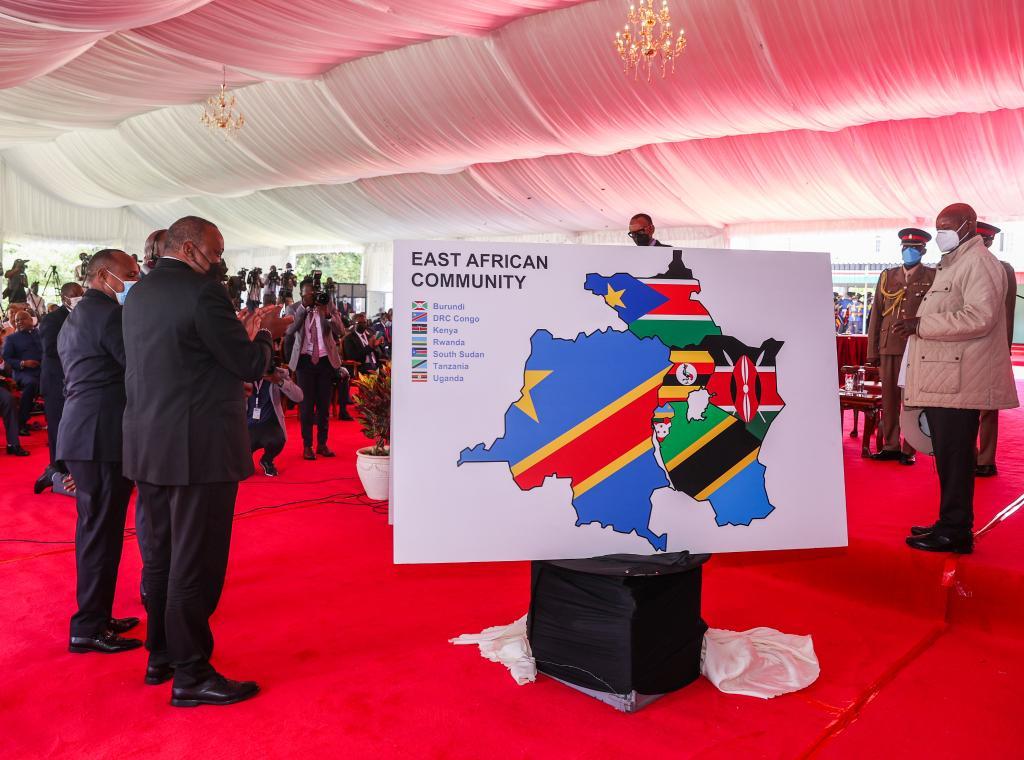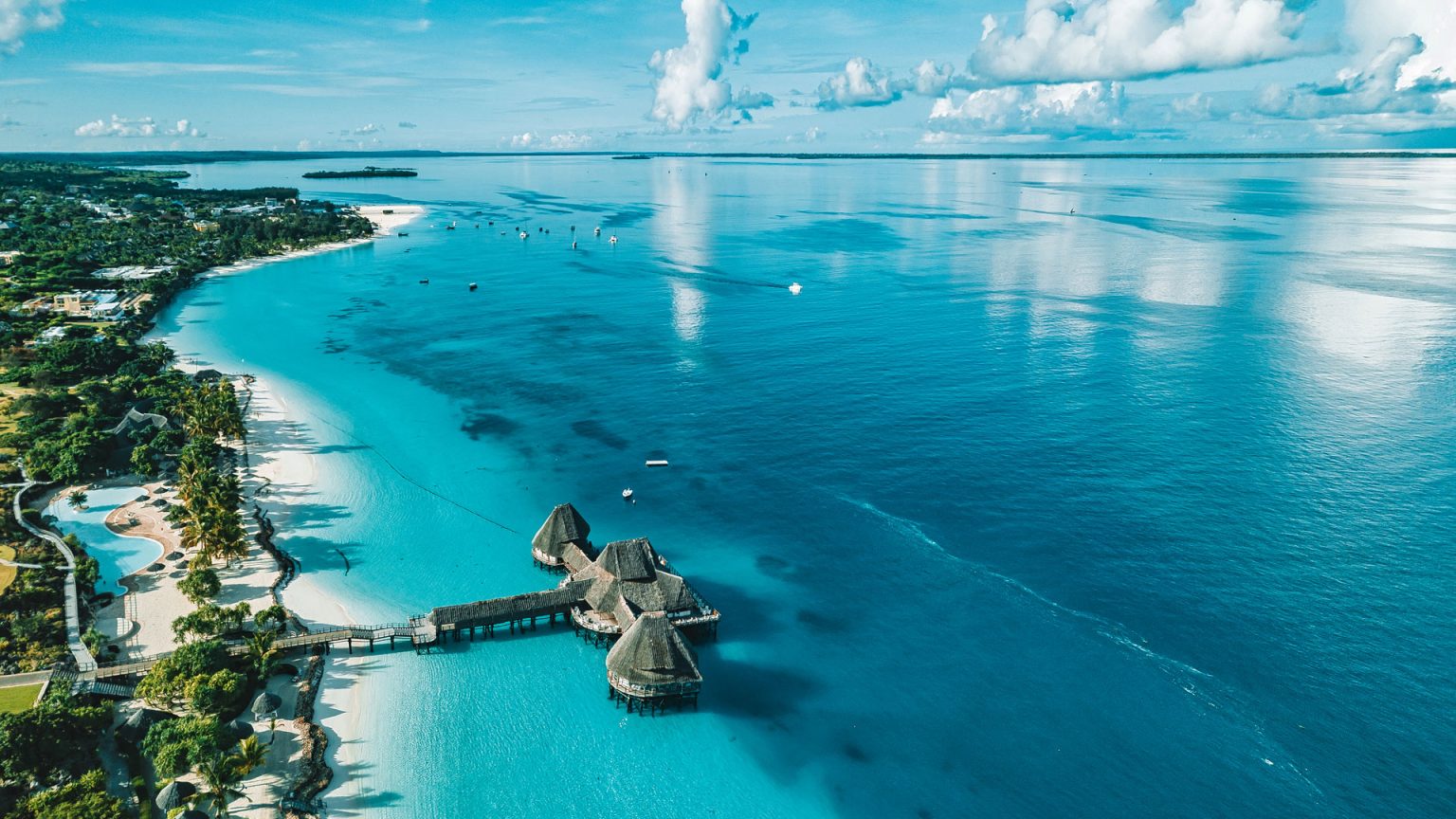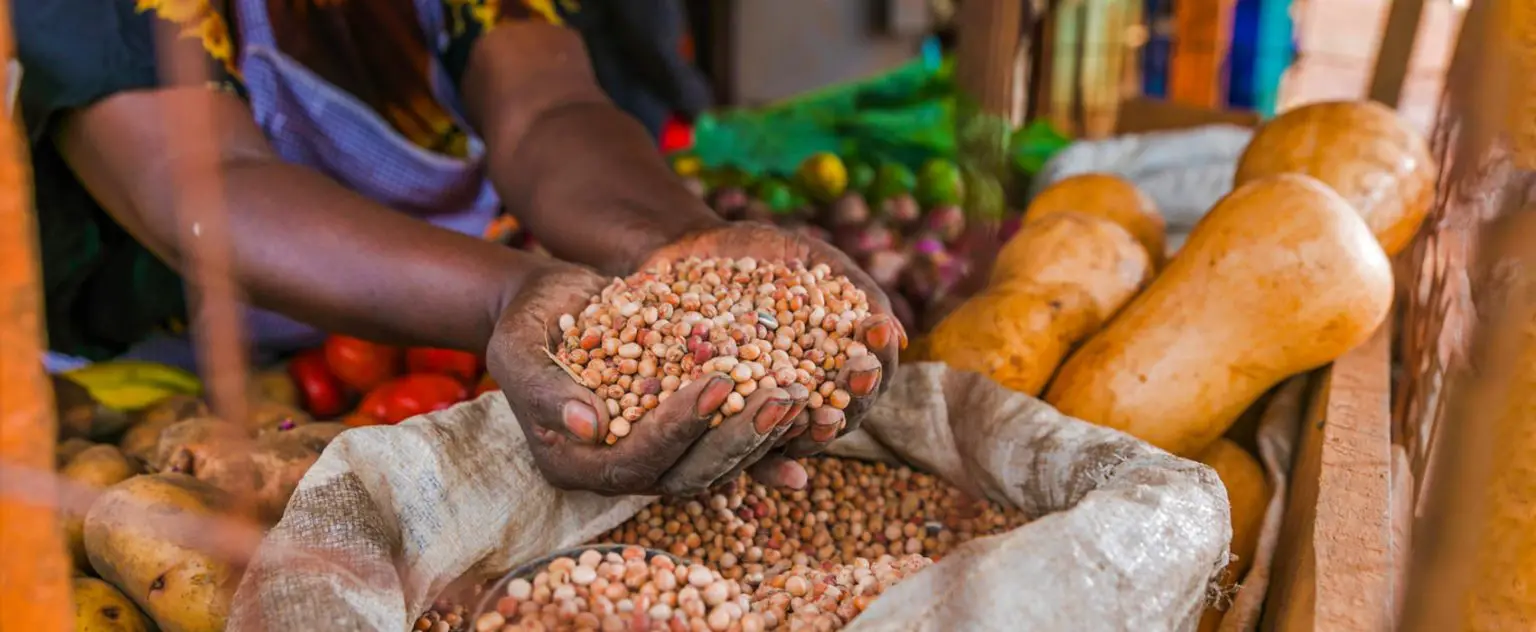- Dawood Al Shezawi: Why AIM Congress 2024 is the epicenter of global economic and cultural dialogues
- d.light’s 600,000 cookstoves project verified as top source of quality carbon credits
- Artificial intelligence (AI) could create a turning point for financial inclusion in Africa
- AIM Congress 2024: Catalysing global investments with awards
- Kenya’s economic resurgence in 2024
- The most stressful cities to live in 2024 exposed
- Tech ventures can now apply for the Africa Tech Summit London Investment Showcase
- State of journalism survey 2024 shows media houses are lagging in AI adoption
Author: Giza Mdoe
Giza Mdoe is an experienced journalist with 10 plus years. He's been a Creative Director on various brand awareness campaigns and a former Copy Editor for some of Tanzania's leading newspapers. He's a graduate with a BA in Journalism from the University of San Jose. Contact me at giza.m@mediapix.com
In 2020, the Center for Food Safety (CFS) in the US won a major legal battle against just such herbicides and pesticides right along with GMO crops.
The win did not come easy. It was the result of years of litigation against Monsanto’s toxic pesticide, in this case, called dicamba, before a federal court issued the ruling. The win was a double-edged sword in that it banned the pesticide and it also banned the use of GMO crops that were designed to withstand the effects of the said pesticide.
In the ruling, the US Ninth Circuit Court of Appeals ordered that EPA’s approval of the pesticide in question be revoked with immediate effect and application also stopped. The reason farmers took the GMOs and the related pesticides to court in the first place is the same reason the South African activists are decrying the sale of the weed killer there; …
Factors for the low adoption rate surround the lack of sector information. For example, the researchers point out that there is ‘uncertainty among potential adopters with respect to potential gains vis-à-vis the cost of adoption.’
Other factors include the cost of adoption and use of modern agriculture technology and lack of adequate knowledge on how to use modern agriculture technology when it is available.
Introduction of modern agriculture technologies in beekeeping is expected to enhance efficiency along with beekeepers’ earnings and welfare in Tanzania. This is because about 99%, beekeeping in Tanzania is done by small scale beekeepers who use traditional beehives made of logs, barks and guards.
Even the harvesting process is very rudiment using fire and smoke to keep bees away, a hazardous trade especially considering that most traditional beehives are kept high on trees.…
According to the 2022 National Tourism Survey, tourism earnings in Tanzania have shown positive comeback post Covid-19.
The figures indicate a good recovery trajectory with data showing that the sector is up 83% having earned an impressive 1.4 billion USD and tourist receipts of 922,692 which represents an increase of about 48.6% compared to the 2020 performance.
According to the Tanzania National Five Year Development Plan 2021/2022-2025/2026, the country targets to attract 5 million tourists and garner revenues of US$ 6 billion.
The tourism sector contributes to the country’s GDP by an impressive 17%, and its contribution to foreign exchange earnings is more than a quarter (25 percent) of the country’s total foreign exchange earnings.…
Gold producers and investors are happy after the mighty dollar having taken a dip owing to the resurgence of demand for gold and increasing gold prices around the world and the dollar value going down, for now.
In the most recent publication by FxStreet titled Gold Price Forecast, experts admitted that “…the US Dollar (USD) weakened, a tailwind for the yellow metal.”
However, if one thing we know about the dollar is that the green buck knows how to take punch. The dollar maybe down but it is not out as the report analysts point to the hovering market confidence in the dollar performance.
“The sentiment is upbeat, as shown by global equities trading in the green. As previously mentioned, market players are positioning for a possible Fed pivot, while economic data in the US continues to show further deterioration in the country, which, coupled with high inflation and lower …
The Bwefum ICT Community Centre is one of 11 ICT hubs, which the union government through the Universal Communication Service Access Fund (UCSAF) has constructed in Unguja and Pemba along with supporting the construction of 42 other communication towers across the islands.
These towers improve ICT across the island and as a result it means improved interconnectivity between businesses, government authorities and the general public.
President Mwinyi emphasized that inter-connectivity will help improve social services. For example, when it comes to healthcare provision, ICT is vital in communication between service providers allowing for the transfer of patient and staff info seamlessly in the shortest time possible.…
While the government of Tanzania has not listed specific projects that the Global Gateway grant will finance, the country already has several green initiatives underway and is leading the region in digital transformation.
The EU envisions that through the grant funding various solutions will be realized under five main banners; green transition, digital transition, accelerating sustainable growth and decent job creation, strengthening health systems and improving education and training
In this regard, the EU is of the view that tackling the global challenge of climate change, it must work with Africa to maximise the benefits of the green transition and minimise threats to the environment in full compliance with the Paris Agreement, as stated in the official EU statement.…
The World Cocoa Conference (WCC) was created back in 2012 by the International Cocoa Organization (ICCO) and was launched in Abidjan, Côte d’Ivoire.
According to the WCC organizers, “the event is held every two years to assess the status of the world cocoa economy, review current challenges and agree on measures to address these issues.”
This single event brings together the most diverse range of decision-makers and other stakeholders in the cocoa and chocolate value chain, from all over the world.
The WCC, provides a unique opportunity to deliberate the industry challenges and he new opportunities that are arising every year. The WCC is also a platform to collect vital industry information as well as for stakeholders to network.…
As part of improving regional infrastructure works, DRC President Tshisekedi is looking to improve its power output through its Grand Inga Dam project but has been facing resistance, especially from the West.
DRC plans to build the Grand Inga Dam, which, when complete, would be the world’s largest hydropower project. With the capacity of producing 88,000 plus Mega Watts, Grand Inga Dam would make DRC “the heart of the world’s clean energy production system.”
The Grand Inga Dam is expected to rival the power supply of major world economies like Spain; in fact, the dam’s power output would surpass the power output of all of south of Europe combined.…
While ties with Zanzibar and mainland Tanzania are growing with the recent signing of agreements to end double taxation, among other deals, authorities in the United Arab Emirates (UAE) recently announced a Dubai visa ban on 20 African countries.
They include Uganda, Rwanda, Ghana, Sierra Leone, Sudan, Cameroon, Nigeria, Liberia, Burundi, Republic of Guinea, Gambia, Togo, Democratic Republic of Congo, Senegal, Benin, Ivory Coast, Congo, Burkina Faso, Guinea Bissau, Comoros and the Dominican Republic.
“Any applications from the above-mentioned countries will be sent back or cancelled,” the UAE authorities warned trade partner authorities along with travel agents, urging them to reject all related applications.
The reason given for the ban is increased visa term violations by persons from the said countries. The UAE authorities explained that persons from these countries are using 30-day visas to Dubai to stay and work in the country illegally.…
Food security in Africa has always been the centre stage of all major global meetings. Photos of starving naked children have been paraded so much that hunger and Africa have become synonymous.
However, after years of talks, recommendations, solutions, funding, monitoring, evaluation, more talks, more recommendations, more funding…and then more years of new talks, new recommendations, new solutions, new funding… it’s exhausting; Africa is still hungry!
The cool acronyms, the endless list of organizations, the countless projects and initiatives, the billions upon trillions issued every year, its all mind-boggling.
Global Development Goals (GDG), Sustainable Development Goals (SDG), World Food Organisation (WFP), International Monetary Fund (IFM), World Bank (WB), African Development Bank (AfDB), Alliance for a Green Revolution in Africa (AGRA)…it goes on and on.…





